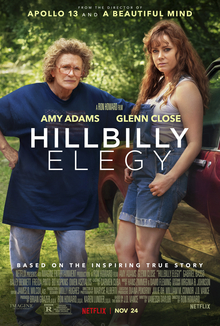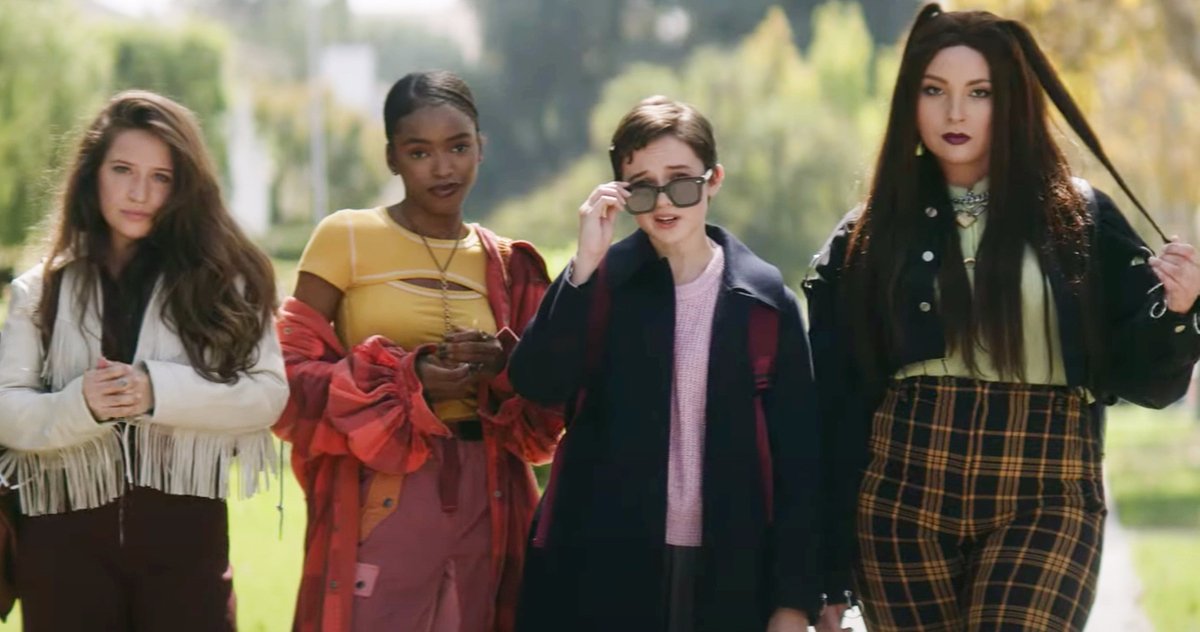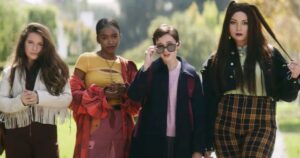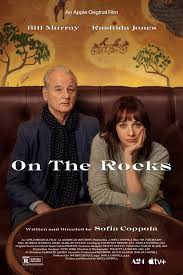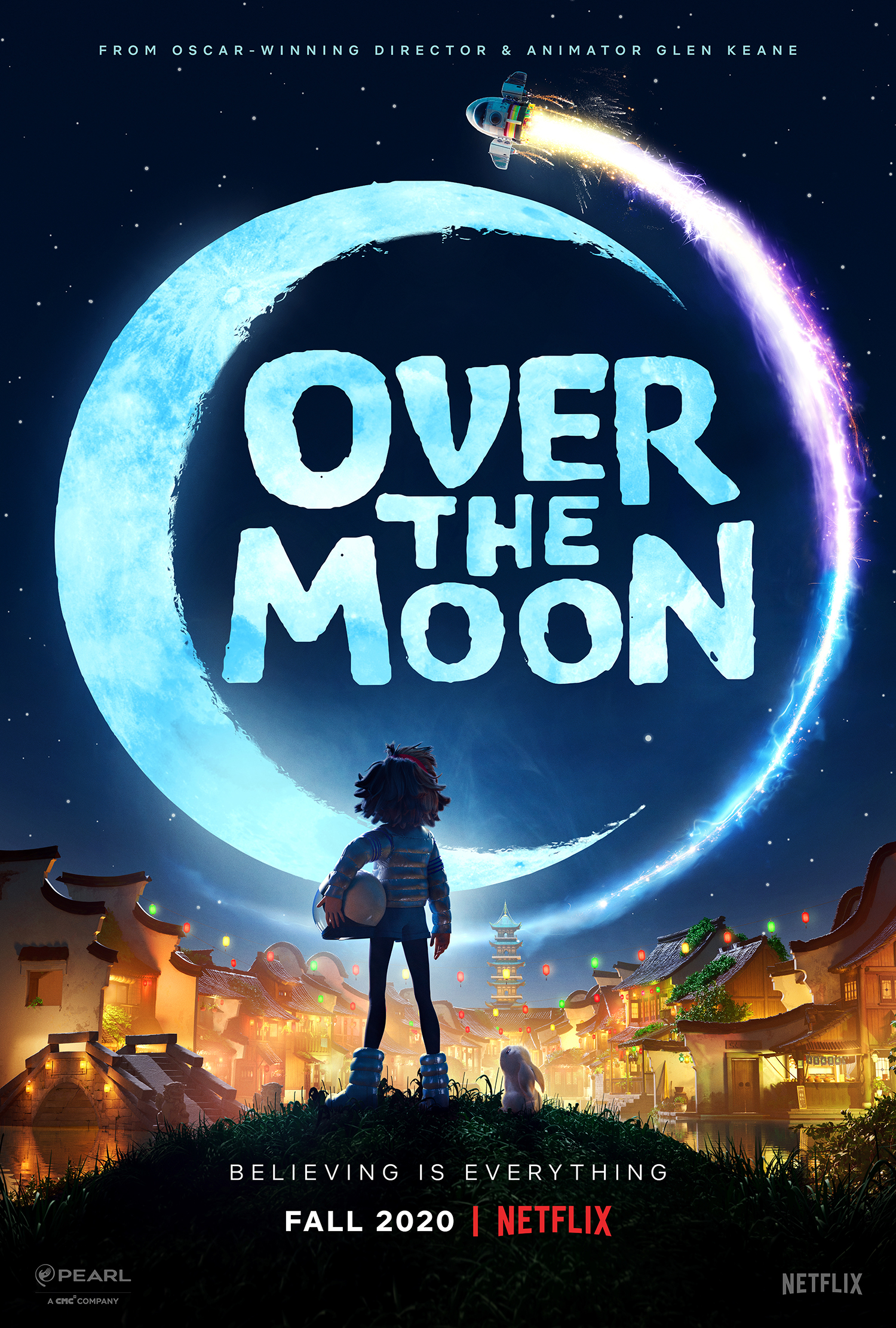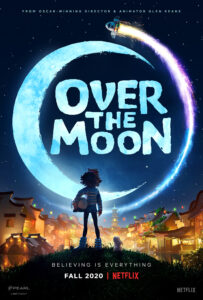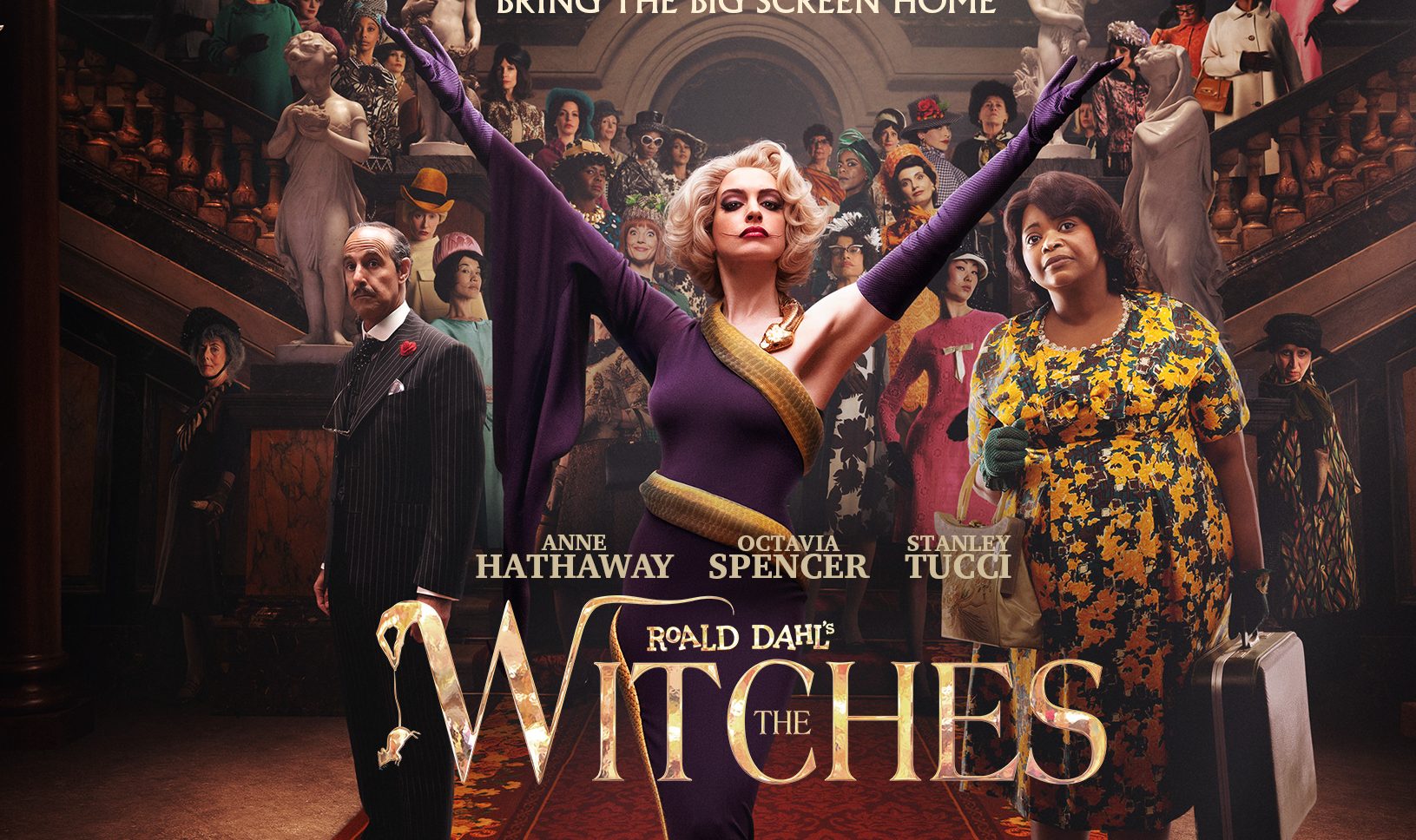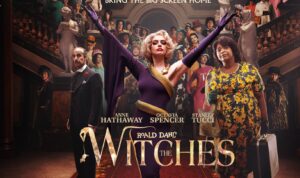Hillbilly Elegy
Posted on November 11, 2020 at 10:00 am
D| Lowest Recommended Age: | Mature High Schooler |
| MPAA Rating: | Rated R for some violence, language throughout, and drug content |
| Profanity: | Constant very strong language |
| Alcohol/ Drugs: | Alcohol and drug abuse, smoking |
| Violence/ Scariness: | Domestic violence and family dysfunction |
| Diversity Issues: | A theme of the movie is economic diversity |
| Date Released to Theaters: | November 13, 2020 |
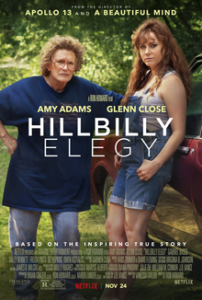
The film is based on the best-selling memoir/anthropological study by J.D. Vance. The timing contributed to its success because it was thought to explain to book-buying, educated, urban voters the perspective of those who supported the election of a failed businessman turned reality TV star in 2016, including policies that seemed to be contrary to their own interests. As we see in this movie, that is consistent with personal choices that are devastating to their own interests, and the interests of the next generations.
The movie arrives at a different time. The resentful rural voters are no longer as exotic or unknown, and they have less political power. Nevertheless, as Democratic voters are still being urged to have empathy for the other side, to the extent there is curiosity about these communities, this is not a movie that is going to provide any enlightenment. It is most telling that it spends much too much time on the blandest and least interesting of the characters, the one based on the author of the book. And so it becomes about his struggle to accept and forgive his family and their history instead of being about them, their lives, their challenges, their choices.
We go back and forth in time with Vance, from the idyllic summers with his Kentucky “hillbilly” relatives to his life with an intelligent but overwhelmed single mother (Amy Adams as Beverly), who makes one catastrophically bad choice after another, and with his tough grandmother Mamaw (Glenn Close), who left home, pregnant, at age 13 and scrabbled a life for herself and her family.
J.D. (Owen Asztalos as a young teenager) tells us the summers in Kentucky were his happiest times, but as we see him with his cousins, we may wonder why. He finds a turtle with a wounded shell and wants to heal it, while his cousins tell him to tear off the shell or throw the turtle. J.D. explains that the turtle’s ribcage is connected to the carapace, which leads them to beat him up, which leads to everyone piling on. It might be worth exploring why there is so much suspicion of knowledge and institutions, why members of this family are unable to consider that the institutions that provide opportunities for economic stability and advancement, as imperfect as they are, may be a more reliable path. That they do not think it within the range of possibilities is rooted in innumerable factors and failures well worth exploring or even portraying, but this movie never tries. All it has to say is that these people think family comes first when it comes to faking drug test results or lying to the police but not so much when it comes to providing guidance, support, consistency, or a good example.
The shifts in time are more distracting than revealing. J.D. (now played by an expressionless Gabriel Basso) is a student at Yale Law School, after serving in the Marines and attending Ohio State. He is interviewing for summer jobs at tony law firms, essential to get the money he needs to pay the tuition for his final year of school. But he feels at a disadvantage compared to his Ivy League classmates, who have social ease. He has to make an emergency call to his girlfriend (Frieda Pinto in the thankless role of beautiful, endlessly patient and understanding support system) to ask which fork to use. This is not only an unforgivable cliche; it gives us no reason to feel sympathetic. A Marine Yale Law student is more than able to look that up before a fancy dinner or just watch what the host does.
J.D. gets an emergency call. His mother is in the hospital. She overdosed. On heroin.
He drives all night to get to Ohio. And we see incidents from the past as Bev struggles with drug abuse (once asking J.D. to pee into a cup to use for her drug test, another time impulsively marrying her supervisor and moving J.D. into his house, getting fired from her nursing job for taking a patient’s medication. If we learn anything it is that having an adult who is committed to keeping a child on the straight and narrow makes a difference. But why there was only one in this child’s life, why his sister seemed to do okay without going to live with Mamaw, and why Mamaw was able to learn from mistakes is all glossed over.
Even Amy Adams and Glenn Close are unable to make this work. They yell at each other with colorful countrified expletives (Close actually has to say at one point, “Kiss my ruby red asshole!”) sounding more like the caricatures on “Mama’s Family” than human beings with vulnerabilities and intimate connections. As we see home movies of the real characters over the credits, our only conclusion is that the filmmakers spent more time getting the outside right than the inside. The members of this community deserve better from the haves in our society, but they deserve better from this movie, too.
Parents should know that this movie includes extensive family dysfunction, substance abuse, and domestic abuse as well as constant strong language. Family members and teenagers use drugs. Domestic violence includes punching, dangerous driving, negligence, and setting a husband on fire.
Family discussion: Why was J.D. able to make a different life for himself? Should he have stayed with his mother when Mamaw wanted to take him? When he left for the interview?
If you like this, try: “White Oleander” and White Trash

